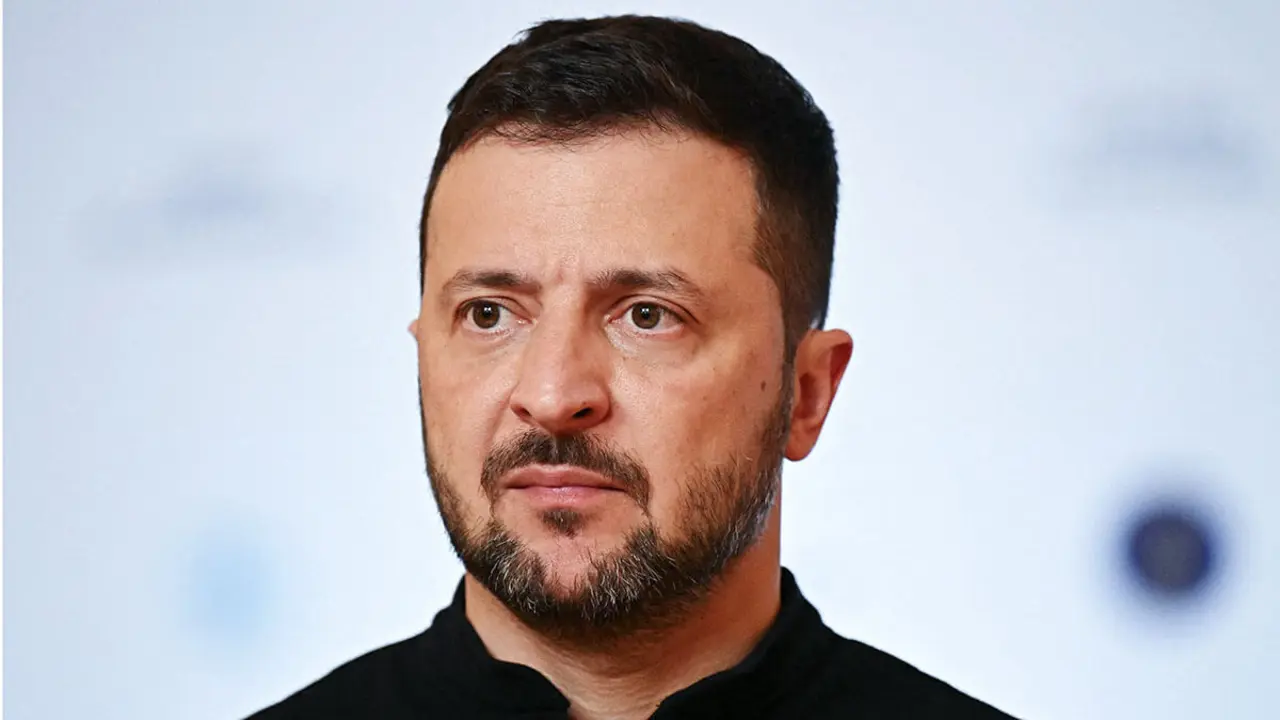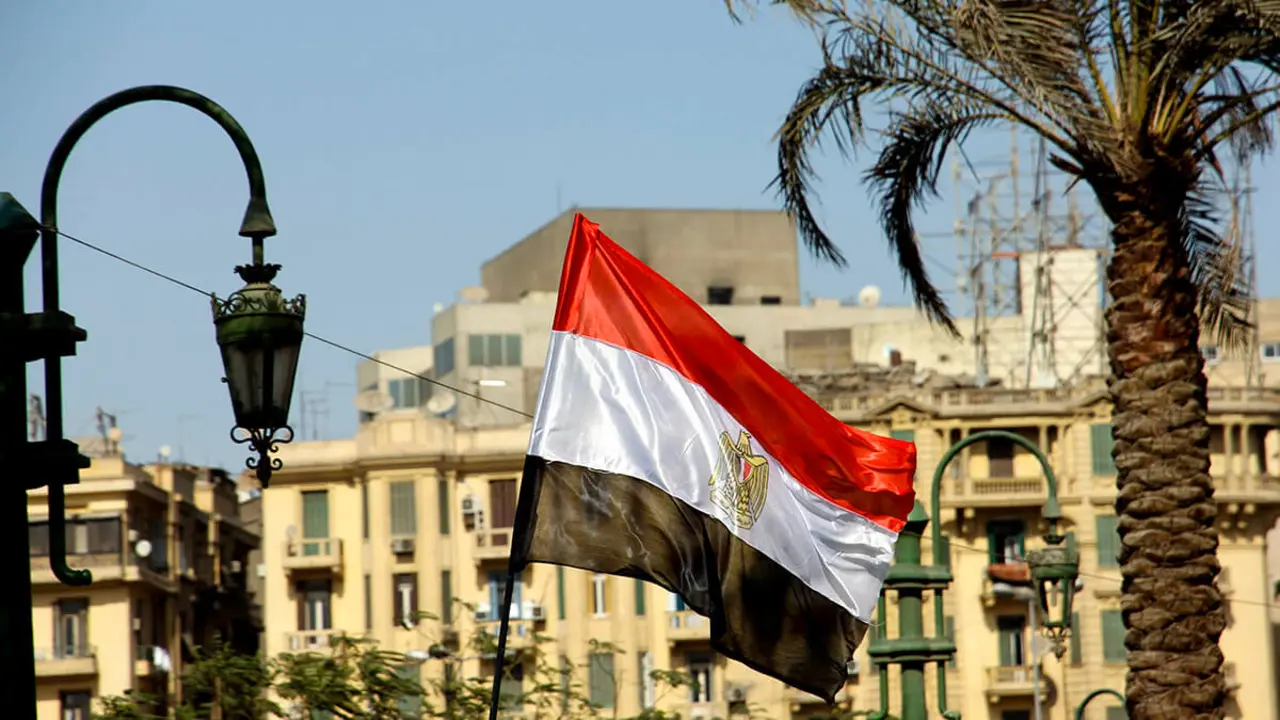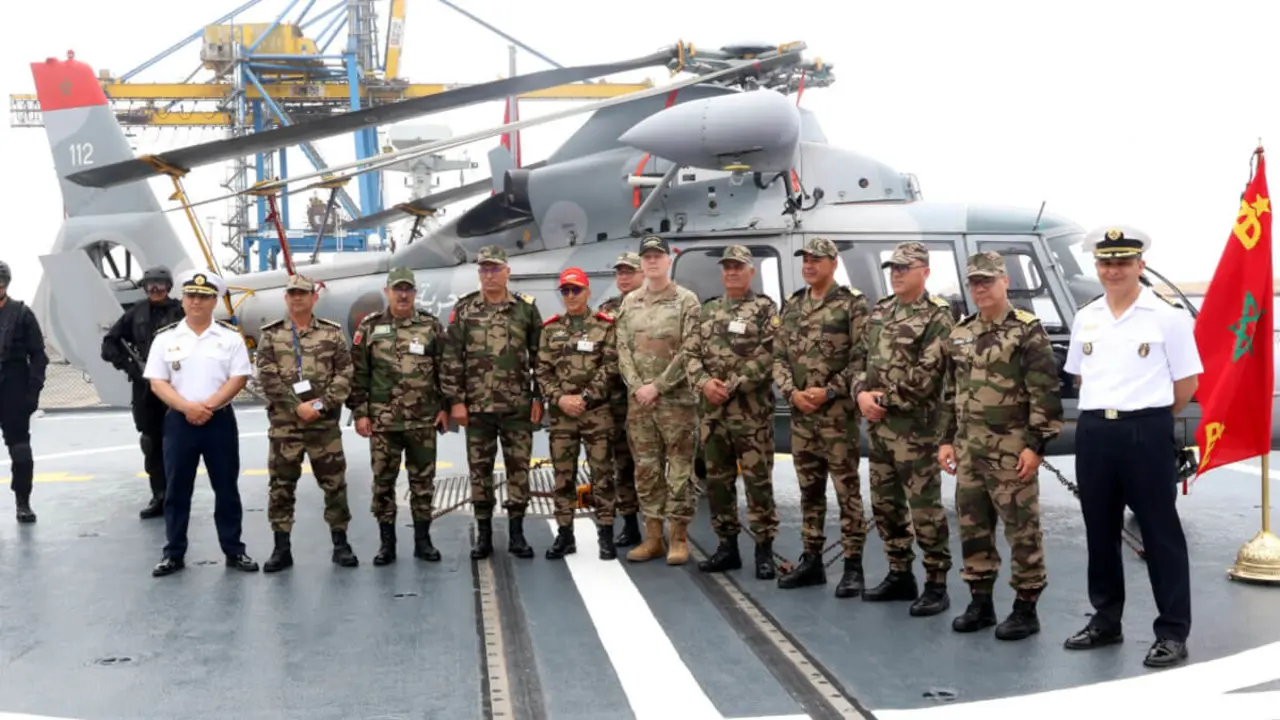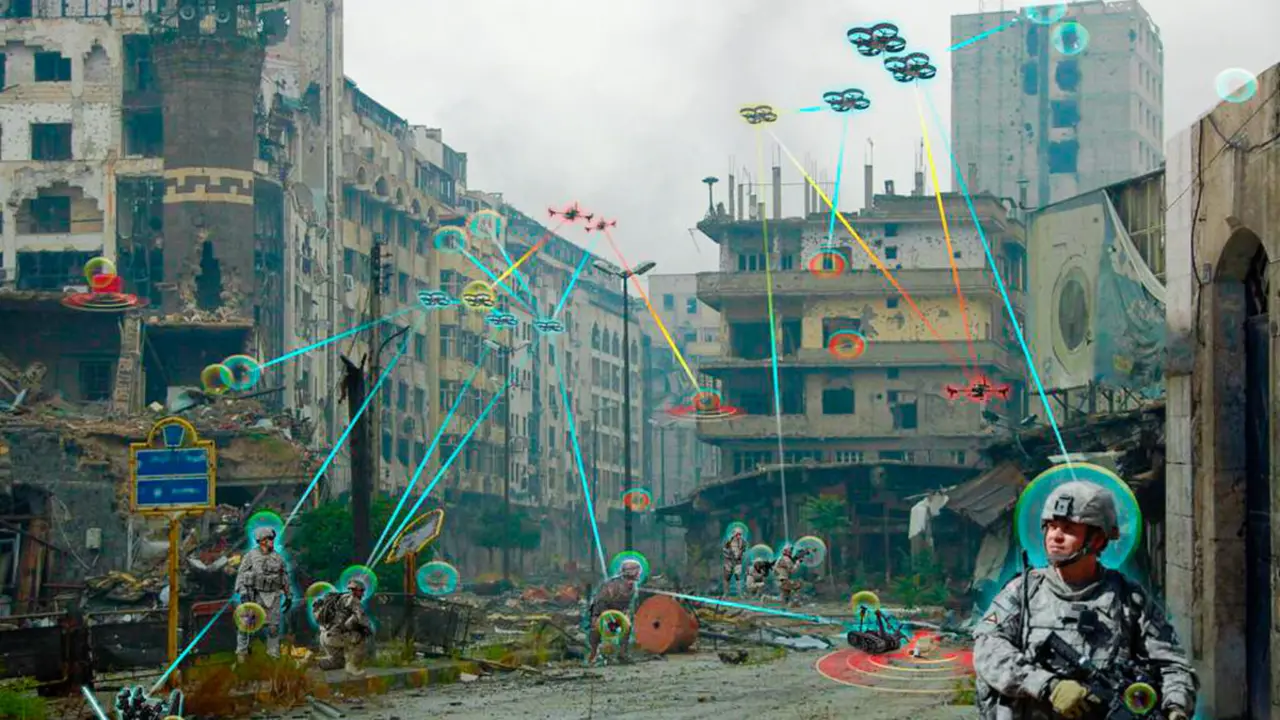Daesh reappears in southern Libya

Although the international community is currently focused on the Ukraine crisis between NATO and Russia, there are other parts of the world where events are also unfolding that are worth monitoring and following closely in order to maintain regional stability and security.
One such area is the Sahel, where there has long been a worrying increase in jihadist activity. The recent coup d'état in Burkina Faso has again highlighted how the Islamist threat looms in the region without strong leaders to confront the terrorists. Also, the failure of European forces opens the door to other actors seeking to gain influence in the region.

Moreover, analysts have warned that the scourge of terrorism may spread to other nearby areas, such as the Maghreb. Within this region, Libya is the country of greatest concern due to its critical political and social situation. The suspension of the presidential elections, scheduled for 24 December, has accentuated the country's instability, creating a scenario that has allowed terrorist groups to regain ground in certain parts of the country. In this sense, it is also worth highlighting the discontent of the citizens with the alleged corruption of Abdul Hamid Dbeiba's government, which they accuse of acting in accordance with foreign interests.

After the fall of Muammar Gaddafi in 2011, Libya has experienced civil wars, foreign military interventions and a rise of jihadism in the country. On the other hand, the North African country has become the main point in the region where human trafficking mafias operate, in addition to serving as a chessboard for other international powers seeking to gain influence through their mercenaries. For all these reasons, some consider Libya a failed state.

Despite national and international efforts to lay the foundations for peace and stability in Libya, recent events in the south once again show Libya's vulnerability in the face of jihadist attacks.
At the end of January, the southern town of Al Qatrun suffered an attack orchestrated by "an armed group affiliated with Daesh", according to the Ministry of Interior. This cell, which "moves in the southwest region to destabilise the security of the country", killed three soldiers from the Umm al-Aranib Martyrs Brigade. As a result, forces linked to Marshal Khalifa Haftar launched a security operation in the area, killing 23 terrorists.

The attack has revived fears of a possible return of Daesh in the country. In 2015, the jihadist organisation seized the coastal city of Sirte, but lost control in 2016 after heavy fighting between the jihadists and Misrata forces, which were supported by US air support. Another terrorist stronghold in Libya was Derna, considered the first city to be incorporated into the 'caliphate' outside Iraq and Syria.
Although years ago the jihadist threat was present in northern points along the Mediterranean coast, terrorists now prefer to take refuge in the south, the weakest point of the country. As political analyst Muhammad Qashout told Al-Arab, the south represents a "fragile region". Its long borders with Chad, Niger and Algeria and the conditions of its terrain make it easy for Daesh to move through this area to protect itself and establish it as a base to prepare for expansion to other cities in the north and east.

Recent events, in addition to revealing the current Jihadist presence in Libya, have intensified the rift between the Libyan National Army (LNA), led by Haftar, and the Government of National Unity in Dbeiba. Despite the ceasefire reached by both sides in 2020, the differences between the two are latent. Ahmed al-Mismari, spokesman for Haftar's forces, accused Dbeiba and his government of "stealing the victory achieved by the army" after the fighting with the jihadists. In this regard, according to Al-Arab, the Libyan government recently refused to pay the salaries of LNA soldiers. Al-Mismari also explained how the operation against Daesh went and stressed that its related groups move around the borders with Chad, Niger and Algeria.

The Libyan attacks come shortly after the assault on the Syrian prison in Hasaka, Daesh's most significant action since its defeat in 2019. The events in Al Qatrun, as Qashout points out "are closely related to the organisation's movements in Iraq and Syria in the city of Hasaka". "This suggests that Daesh wants to re-establish its presence,".
The region where the prison is located, administered by Kurdish forces, shares some conditions with Libya: lack of governance, economic collapse and insecurity. Circumstances that are conducive to the reappearance of jihadist cells. However, this is not the first Daesh action in the area. In recent years, related groups have carried out frequent attacks in Al-Shuhayl, a town near Deir ez-Zoz, a former Jihadist stronghold. It was in this town that the Syrian Democratic Forces (SDF) arrested several Daesh members containing weapons, including several Kalashnikovs, and ammunition at the end of January, according to the Syrian news agency North Press.

Since the fall of the 'caliphate' in Syria, the jihadists have remained in hiding by organising small-scale operations, such as ambushes against security forces. Over the past year, Daesh has carried out 342 actions, according to figures from the Syrian Observatory for Human Rights.
The assault on the prison was one of the most prominent events due to its scale and consequences. Two hundred fighters and prisoners were killed, including two child soldiers, 40 Kurdish soldiers, 77 prison guards and four civilians. In addition, thousands of people had to flee their homes. After years of low-intensity attacks, such an event reactivates alarms about a possible resurgence of the jihadist organisation. Also, in the wake of the assault, the Kurdish authorities have again called for support to control prisons that house terrorists, many of them from Western countries.

Following the Hasaka prison clashes, Daesh fighters killed 11 Iraqi soldiers near Jalawla in an operation that is part of recent attacks on Iraqi security forces.
However, an Iraqi intelligence source assures Al-Arab that the terrorist organisation does not have the "same funding" it had in the past, so it "cannot resist". "They operate as a decentralised organisation," the Iraqi official stresses.

Jabar Yawar, of the Peshmerga forces in the autonomous region of Iraqi Kurdistan, also agrees, saying that "Daesh is not as powerful as it was in 2014". "Its resources are limited and there is no strong joint leadership," he told Reuters. However, Yawar stresses that, "if the political disputes are not resolved, Daesh will return". In addition to internal political, ethnic and religious disputes, external actors and their clashes benefit the jihadists. Iranian-backed Iraqi militias are at loggerheads with US forces, while the Turkish army attacks Kurdish positions.

In both Iraq and Syria, Daesh is taking advantage of these ethnic and political tensions, as well as the dire economic situation, to attract young people and try to reorganise itself again. This precarious situation in both countries was highlighted by the hundreds of migrants stranded at the Belarus-EU border last November. Most of the citizens, from Kurdish areas, came to the European continent in search of a better life, fleeing instability and growing regional violence.








